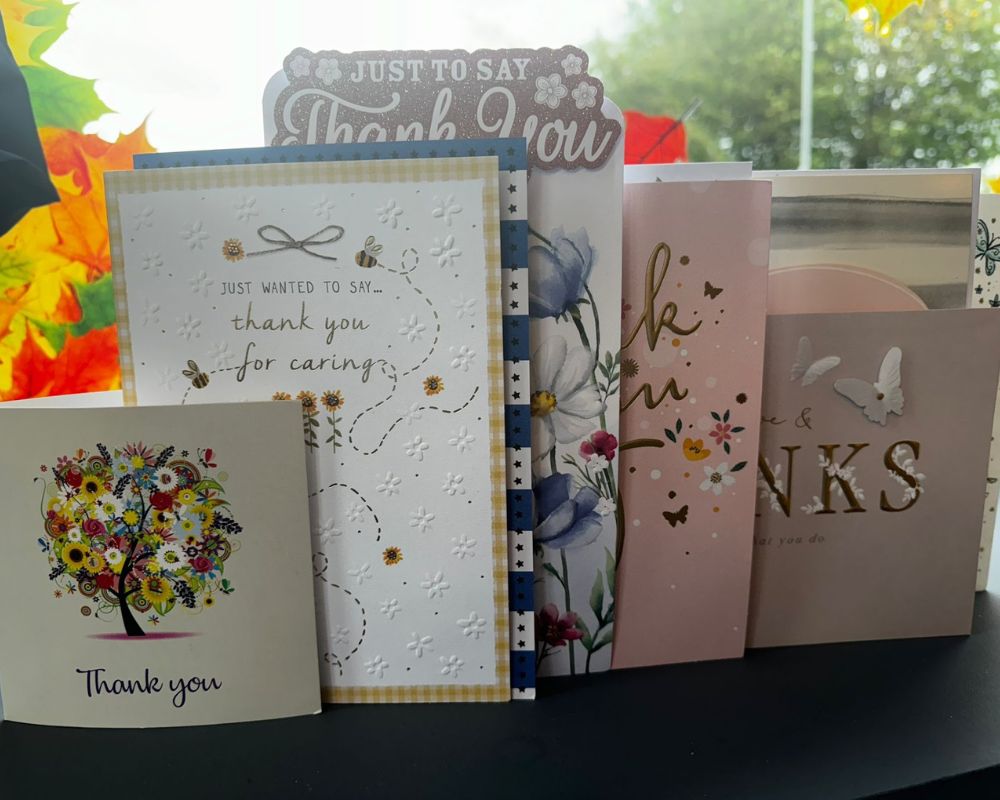Writing a Eulogy: Honouring a Life with Words
Writing a eulogy is a profound responsibility and a deeply personal tribute to a loved one who has passed away. It is an opportunity to reflect on their life, celebrate their achievements, and share cherished memories with those who knew them. Crafting a eulogy can be a daunting task amidst the grief and emotions of loss, but it can also be a cathartic and healing process.

Here are some guidelines and considerations for writing a eulogy that honours the life and legacy of your loved one:
1. Reflect on Their Life
Take time to reflect on the life of the person you are honouring. Consider their accomplishments, passions, values, and the impact they had on others. Think about their character traits, hobbies, career highlights, and significant milestones
2. Gather Memories
Reach out to family members, friends, and colleagues to gather stories and memories. These anecdotes can provide a rich tapestry of experiences that paint a vivid picture of your loved one's life. Listen to different perspectives and gather diverse memories to capture the essence of who they were.
3. Structure Your Eulogy
A eulogy typically follows a structured format:
- Introduction: Start with a brief introduction where you state your relationship to the deceased and your purpose in delivering the eulogy.
- Body: Share anecdotes, stories, and memories that illustrate the qualities and achievements of the person. Focus on themes such as their kindness, humor, resilience, or dedication.
- Conclusion: Wrap up with a heartfelt conclusion that summarizes their impact on others and expresses your final thoughts and feelings.
4. Personalise Your Tribute
Make the eulogy personal by including specific details and anecdotes that highlight what made your loved one unique. Use descriptive language to evoke emotions and paint a vivid picture of their life.
5. Honor Their Wishes
If your loved one expressed any wishes regarding their eulogy or preferred themes to be included, try to honour these requests as much as possible. Respect their beliefs, values, and the way they would want to be remembered.
6. Consider the Audience
Keep in mind the audience who will be attending the funeral or memorial service. Tailor your eulogy to resonate with them while remaining true to the personality and spirit of the person being honoured.
7. Embrace Emotions
It's natural to feel a range of emotions while writing and delivering a eulogy. Allow yourself to express these emotions authentically. It's okay to pause, take a deep breath, or even shed tears during your delivery.
8. Practice and Review
Practice delivering your eulogy aloud to gauge the flow, timing, and emotional impact. Review it multiple times to ensure clarity, coherence, and appropriateness.
9. Seek Support
If you find it challenging to write the eulogy alone, seek support from family members, friends, or clergy who can provide insights and help you capture the essence of your loved one's life.
10. Before delivering the eulogy
make any final adjustments and ensure you have a printed copy or notes to refer to during the service. Speak from the heart and with sincerity, knowing that your words will honour and celebrate the life of someone who was dearly loved.
What Our Families Say About Us
Is a meaningful way to pay tribute to a loved one and offer comfort to those who mourn. By sharing heartfelt memories and celebrating their life's journey, you create a lasting legacy that cherishes their memory with dignity and love.
